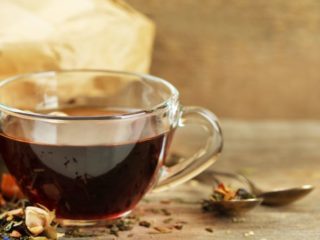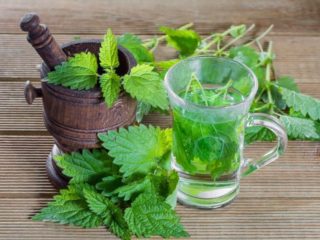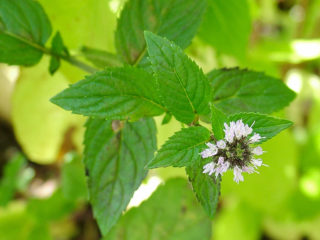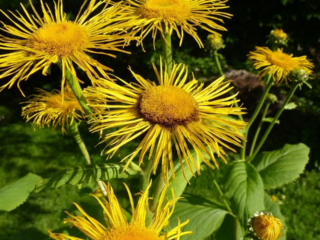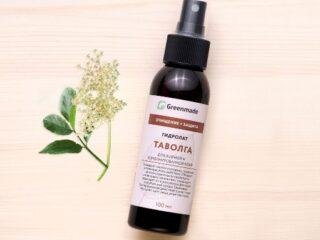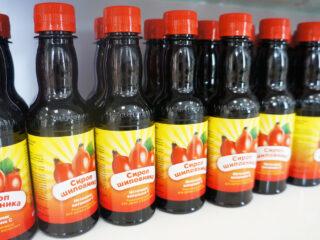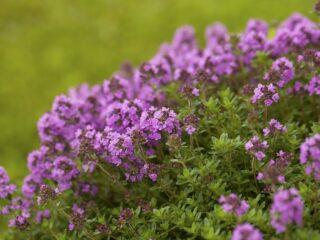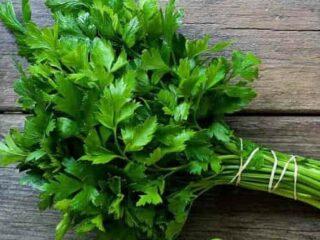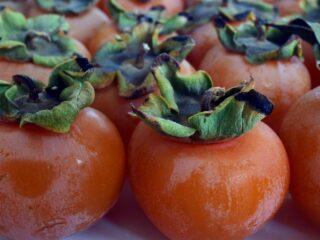Content
Not every mother decides to take thyme while breastfeeding. This is due, first of all, to the fact that during this period it is forbidden to consume not just herbs, but even certain foods. But during the ARVI and flu season, thyme will be a salvation for a nursing mother if she adheres to certain rules.
Can a nursing mother drink thyme?
It is impossible to give a definite answer guaranteeing that the plant is safe for women and babies. It is necessary to take into account contraindications and individual characteristics of the body. In moderate dosages, thyme will only benefit mother and baby during breastfeeding. The main condition for ensuring the safety of a woman and her newborn baby is moderation.
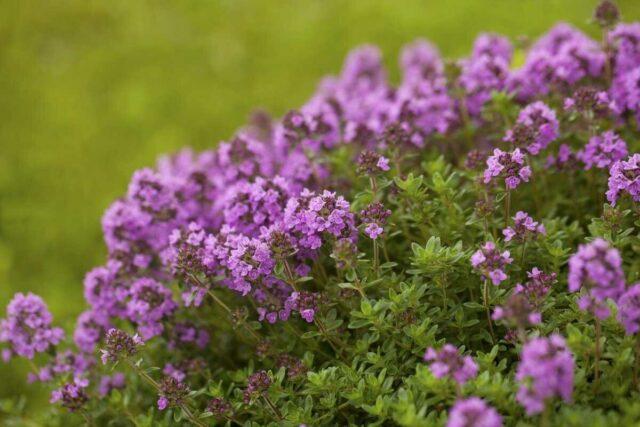
Thyme should not be taken in any dosage form during pregnancy.
The benefits of thyme for a nursing mother
The value of the plant is due to its rich composition:
- oils;
- gum;
- minerals;
- caffeic, oleic and ursolic acids;
- tannins.
These components do not cause any harm to a nursing mother or baby, so a woman can drink tea with thyme.
In medicine, thyme is known as a cough remedy, but its beneficial properties make it possible to use the plant for other purposes:
- Effect on blood pressure: thyme reduces heart rate during breastfeeding. This allows you to ease the load on the vascular system.
- Cleansing the bronchi and removing mucus. This property allows women suffering from bronchitis to avoid taking antibacterial drugs while breastfeeding.
- The content of vitamin C is a guarantee not only of strong immunity, but also protection of the body of the mother and child from possible diseases. Regular consumption of thyme while breastfeeding makes it easier for a woman and her baby to cope with influenza and ARVI.
- The abundance of chemical elements provided thyme with an antiseptic effect: when it enters the body, the plant successfully destroys harmful microorganisms.
- Restoration of the nervous system. When breastfeeding, thyme helps avoid the development of postpartum depression, reduces stress levels, normalizes sleep, and improves mood.
- Restores appetite and has a beneficial effect on the functions of the gastrointestinal tract: foods are digested more easily and in a shorter time. Babies whose mothers take thyme are less likely to experience colic and flatulence.
- Providing a positive effect on lactation. More milk is produced in mothers who combine thyme intake with plenty of drinking. It should be borne in mind that the child receives some of the beneficial properties of the plant from the mother.
How and in what quantity can you take thyme while breastfeeding?
There are no exact restrictions, but it is best to postpone thyme until the baby is one month old. You should also always keep the child’s condition under control: the appearance of a rash, intestinal dysfunction, anxiety - these are signs indicating the need to contact a pediatrician.
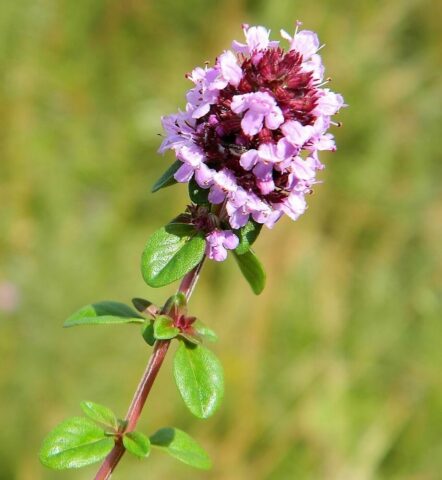
Allergy is one of the diseases characterized by the appearance of various redness on the skin and requiring the avoidance of a number of products.
The minimum dosage of herbal infusion is a few teaspoons. Most mothers, when breastfeeding, begin to drink the drink in an amount of 100-150 ml, monitoring the baby’s condition. If there is no negative reaction to the new product within several days, then you can drink tea daily, but not more than 200 ml per day.
General recommendations for taking thyme while breastfeeding:
- preliminary consultation with a pediatrician is required;
- The plant should be collected independently in ecologically clean areas or give preference to trusted producers when purchasing the plant.
Tea with thyme during breastfeeding
There are several variations in the use of thyme. When breastfeeding, you should choose the optimal recipe, taking into account not only your taste preferences, but also the reaction of the child’s body.
Black tea with thyme
This variation involves brewing the mixture. You need to take 2 tbsp. l. black tea and 1 tsp. thyme, combine them and pour 450 ml of boiling water. Leave the drink to brew for 30 minutes. Strain before use.Despite its unique properties, it is better to avoid honey during breastfeeding in favor of regular sugar due to the risk of an allergic reaction in the baby.
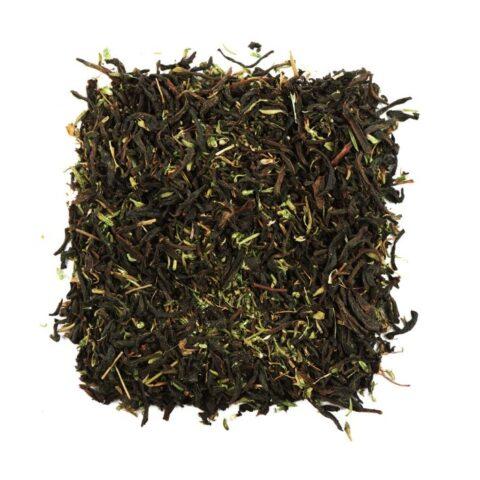
An alternative option for preparing black tea with thyme is to purchase finished products in specialized stores
Green tea with thyme
You can add a variety of ingredients to the drink: lemon balm, rose hips, jasmine. Thyme should be brewed with other ingredients in a 1:1 ratio.
Recipe for tea with thyme during breastfeeding: mix 0.5 tsp. raw materials with rose hips, pour 250 ml of boiling water over them. Leave the drink on the table for 10-15 minutes. The last stage of work is adding lemon juice and sugar to taste.
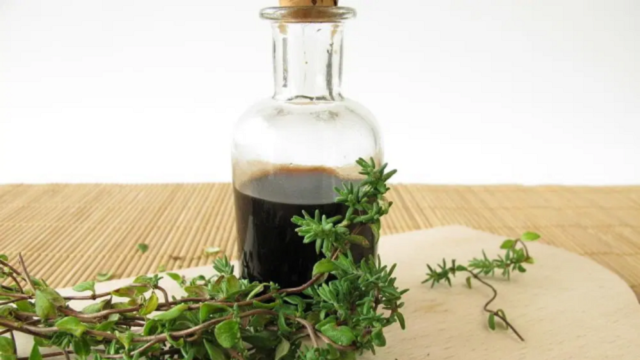
The optimal time to take green tea with thyme while breastfeeding is in the morning
Herbal tea with thyme
If there is a need to drink pure infusion, then it must be prepared according to the following rules: take 2-3 tbsp. l. raw materials, add 600 ml of hot water to them. Infuse the thyme drink in a thermos or ceramic teapot for 30 minutes, then strain and take 100-150 ml three times a day before meals.
Do not pour thyme only with boiled water. At such a high temperature, the beneficial substances in the plant will die. The optimal value is 80 °C. To do this, just leave the liquid at room temperature for at least 5-10 minutes.
Infusion and decoction for external use
There is another way to extract beneficial properties from the plant. It is enough to brew an infusion of thyme and add it to the bath. In this case, the procedure will benefit the skin and hair, and help cope with stress and insomnia.
Recipe: 200 g of chopped thyme, pour 2 liters of hot water and leave for two hours at room temperature, wrapping the container in a towel. Strain the infusion and pour into the bath. Dilute the product with water to the desired consistency. The duration of the procedure should not exceed 15 minutes.
Contraindications and precautions
No doctor will give any guarantees that thyme will not cause any harm to the body of the mother and child. A large role is given to the health status of the woman and baby, individual characteristics, and genetic predispositions.
Even with careful use of thyme, there is a risk of developing the following side effects:
- An allergic reaction manifested as nasal congestion, cough, difficulty breathing. Possible development of urticaria.
- Digestive system disorder in a child. The child becomes restless, suffers from flatulence and colic, decreases appetite, and has problems with bowel movements.
- Exacerbation of chronic pathologies. In this case, consultation with a therapist is required.
- Inflammatory processes in the mammary glands as a consequence of increased lactation.
Absolute contraindications to the use of thyme while breastfeeding:
- atrial fibrillation in a woman;
- pathologies of the urinary system of both children and women;
- stomach ulcer;
- individual intolerance to the components that make up thyme;
- allergic reaction in a newborn;
- Gastrointestinal diseases in infants.
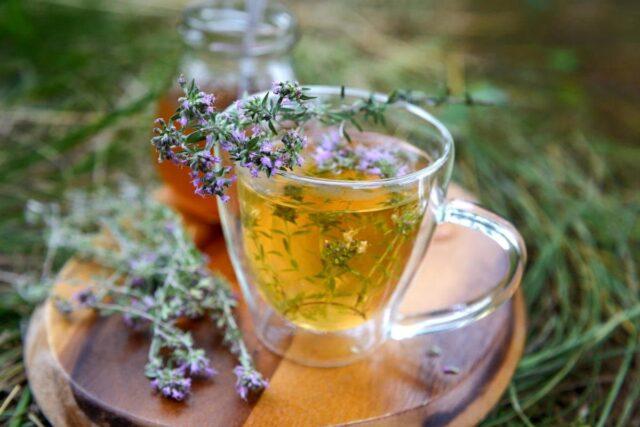
The main precaution before purchasing thyme is to purchase certified raw materials from trusted manufacturers.
Conclusion
Thyme during breastfeeding is not a necessary remedy to alleviate the condition of mother and baby. It must be borne in mind that taking any plant or food is a test for the child’s body, which may not be ready for a new product. If a breastfeeding mother wants to introduce tea with thyme into her diet, then she must adhere to several principles: moderation and purchasing certified raw materials, monitoring the child’s condition.
